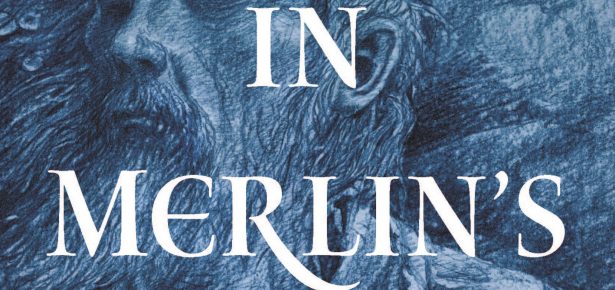
It is almost a cliché that politics is a lot like magic. Even the language we use to describe it, when we talk of ‘dark arts’ and ‘cabals’, implies occult mysteries. Political success often depends not so much on real world events or technical ability but on intangible qualities like charisma, while politics sometimes encourages ‘magical thinking’ when populist leaders begin to believe that the strength of their and their people’s belief alone is enough to bring about desired results. In recent years, the ancient relationship between magic and politics has begun to emerge again into open view; in 2017, it was reported that many people in the USA were performing weekly rituals in order to ‘bind’ President Trump, often involving the burning of an orange candle – while some Trump supporters engaged in rituals to counter the spell.
From Turkey to Brazil, from Washington to Westminster, the rise of populist politicians seems to have brought an unexpected ‘re-enchantment’ of politics, where overt magical thinking on the part of political leaders is matched by a belief among some of their opponents that they might be brought down by occult means. This surprising development in contemporary political culture is one that demands historical contextualisation, and that is something that Magic in Merlin’s Realm provides. The book examines the role played by magic in the political history of Great Britain, both as a positive and a negative force. While many English and Scottish monarchs feared the use of magic against them, royal confidence in the political possibilities of the occult arts generally outweighed official paranoia. Numerous medieval monarchs employed astrologers, not only to guide their decision-making but also to serve as physicians, and no-one became more reliant on his occult advisers than Richard II. Obsessed with prophecies and divination, Richard’s was more focussed on future glories than on present troubles, paralysing him as a ruler. Others adopted a more judicious approach to such arts, such as Elizabeth I. A practising alchemist herself, Elizabeth repeatedly placed her hope in alchemists but generally kept her foremost occult adviser, John Dee, at arm’s length. Similarly, Charles II experimented with alchemy and made extensive use of the occult ceremony of royal touching, but never became reliant on a single adviser.
The role of the magical adviser is at the heart of the history of magic and politics in Britain. The legendary figure of Merlin, magical adviser to King Arthur, legitimated the idea of monarchs seeking the assistance of those learned in the hidden arts, while the Bible furnished precedents in the form of King Solomon and the Three Magi-Kings of Matthew’s Gospel. Just as we cannot understand political history apart from the role of religion, Magic in Merlin’s Realm argues that we cannot truly understand British political history (at least before 1700) apart from the occult beliefs that were both feared and desired by Britain’s rulers. Furthermore, by examing these beliefs in the past we can gain at least insight into the stranger aspects of contemporary politics.
Latest Comments
Have your say!